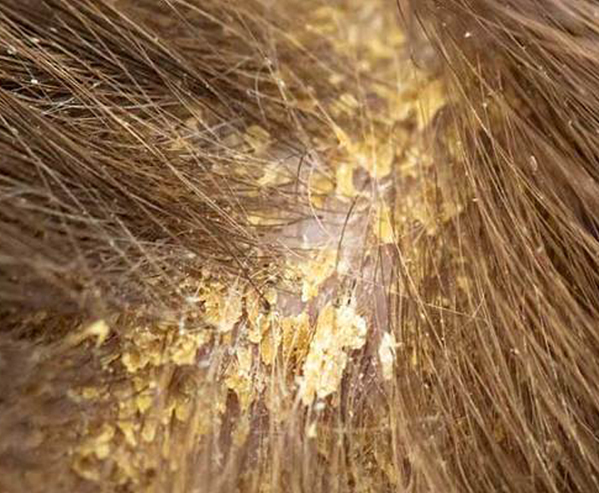Sleeping With Wet Hair: Can It Cause Dandruff + Fungal Infections?
Seborrheic Dermatitis // Photo Credit: Vedix.com Blog Post
What Medical Experts Have To Say About Sleeping With Wet Hair We’ve all heard our moms or grandmothers say this: “Don’t go to sleep with your hair wet or you’ll catch a cold.” Fortunately, without any actual medical evidence that hitting the pillow after a late-night shower can make you sick, consider this myth DEBUNKED or family folklore. But, according to some medical experts, you do have something to worry going to bed with soaking wet hair. That’s the risk of developing a fungal infection of the scalp, dandruff or hair breakage. In April 2021, a...





 or
or






